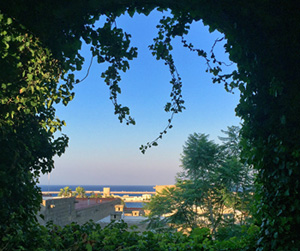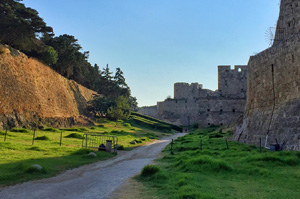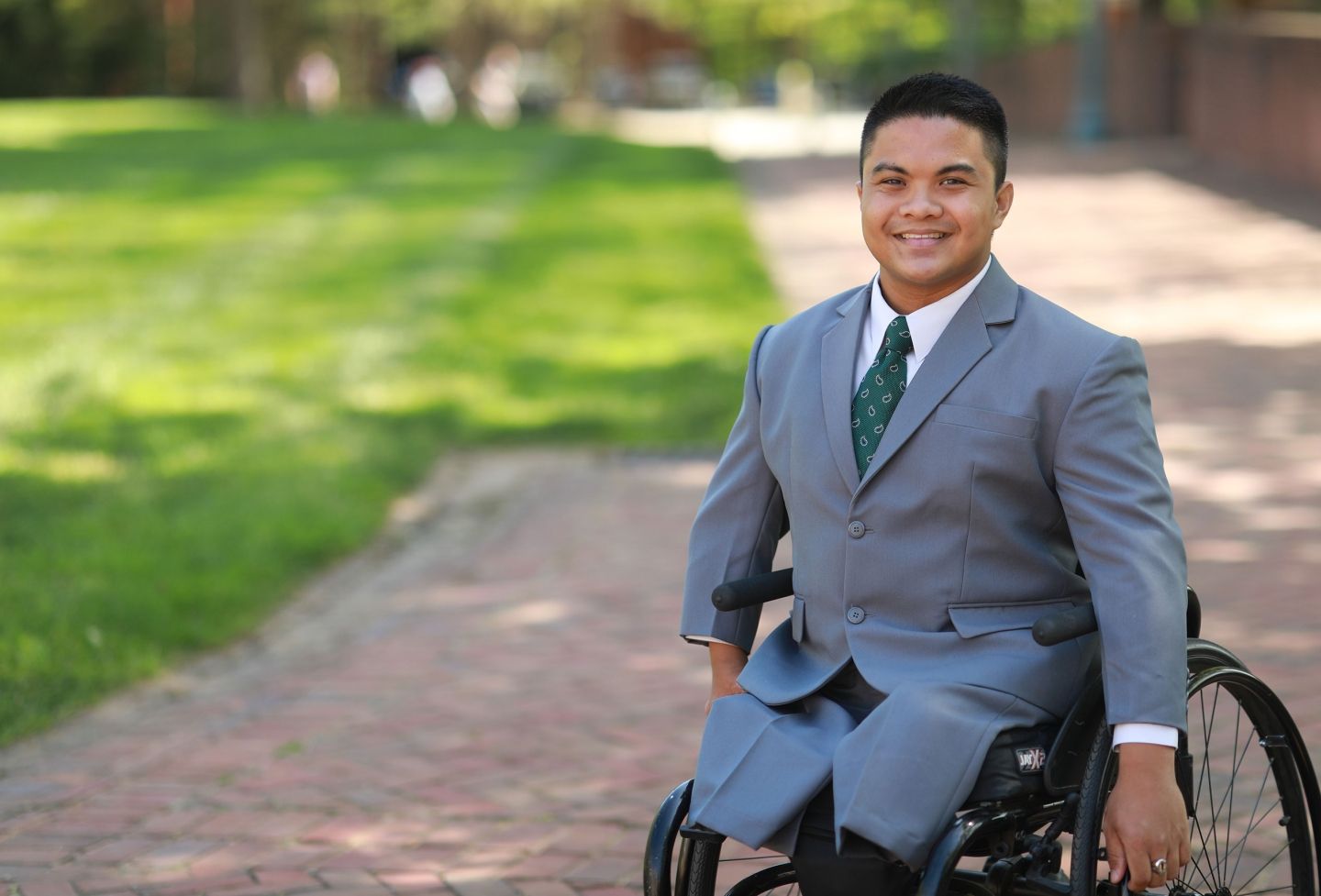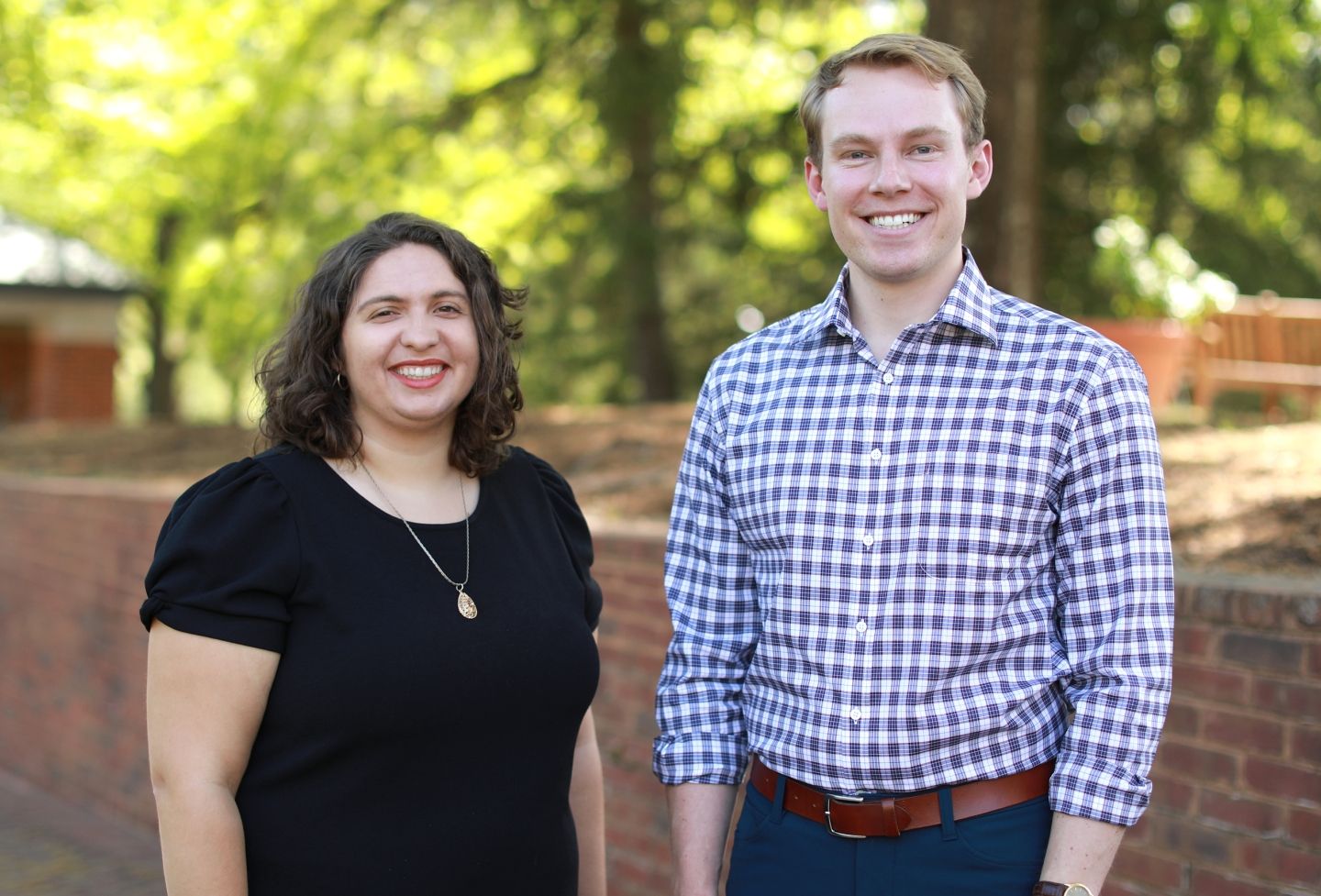This past semester I took Oceans Law and Policy with Professor John Norton Moore. In one of the lectures he mentioned the Rhodes Academy, an intensive three-week course designed for practitioners of oceans law and policy, offered by UVA Law's Center for Oceans Law and Policy. The prospect of spending part of my summer on a Greek island learning about oceans law sounded great, so I spoke to Professor Moore about the course and ended up applying.

Right now I am a week and a half into the academy and it has lived up to my high expectations. Every day we have some of the top scientists, lawyers and international judges in the world speaking to us about a variety of legal and policy issues related to governing the oceans, from climate change research in the Arctic to the legal status to jurisdictional claims of the continental shelf for exploitation of marine resources. My classmates have also been a source of insight and knowledge. The student body is made up of public and private lawyers, U.N. representatives, lawyers and policy workers in foreign ministries, and Ph.D. candidates. More than 30 countries are represented with students from every continent except Antarctica.
 In addition to the lectures, twice a week we have workshops where we learn about some issues in a more hands-on manner. We are broken up into groups and given different positions for mock disputes. Through negotiations with other groups we try to reach an agreement. These problems mirror some current disputes such as delimitating fisheries and resource jurisdiction in the waters near coastal state borders. These exercises force us to view these issues from different perspectives and reveal some of the difficulty in coming up with complex international agreements to govern disputed areas.
In addition to the lectures, twice a week we have workshops where we learn about some issues in a more hands-on manner. We are broken up into groups and given different positions for mock disputes. Through negotiations with other groups we try to reach an agreement. These problems mirror some current disputes such as delimitating fisheries and resource jurisdiction in the waters near coastal state borders. These exercises force us to view these issues from different perspectives and reveal some of the difficulty in coming up with complex international agreements to govern disputed areas.
One thing that has struck me is the variety of important issues touched by international oceans law as well as the depth of our discussions on individual issues. We have discussed the South China Sea dispute between China and the Philippines with serious international security, navigation and resource jurisdiction implications. This week we will hear form a lawyer from a top U.S. firm who is representing one of the parties in this dispute, and next week we will hear lectures from international arbiters who are hearing the case.

In between learning about oceans law, my classmates and I have enjoyed exploring the island of Rhodes. Our hotel is right on the beach and just a short walk to the historic old town that once served as a base for crusaders bound for the holy land. We have relished the classic Mediterranean and Greek food while learning from each other. My classmates have been eager to share perspectives from their relative careers. I have played tennis with an environmental lawyer from Fiji, explored the acropolis at Lindos with a submarine cables expert from a major telecommunications company, and enjoyed scuba diving through offshore shipwrecks with members of the Indonesian foreign ministry.
I've had a fun and productive first half of the academy and am looking forward to the second half!
Founded in 1819, the University of Virginia School of Law is the second-oldest continuously operating law school in the nation. Consistently ranked among the top law schools, Virginia is a world-renowned training ground for distinguished lawyers and public servants, instilling in them a commitment to leadership, integrity and community service.


